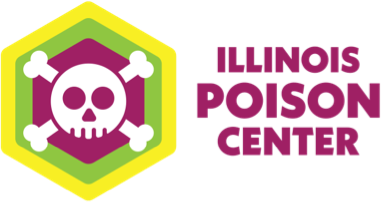Methamphetamine (Meth)
The popular TV show Breaking Bad brought attention to methamphetamine in the late 2000s with the story of a chemistry teacher turned meth kingpin. The fictional drama accurately showed how powerful, addictive and dangerous the drug is. Commonly called “meth,” the drug is a stimulant that affects the central nervous system.
Amphetamines vs. Methamphetmine
You may have heard of amphetamines. This is another strong central nervous system stimulant that doctors prescribe to treat attention deficit hyperactivity disorder (ADHD), narcolepsy and obesity. Meth is derived from amphetamine and has similar chemical structure. But meth has much more intense effects.
Meth is also available in prescription form for ADHD and weight loss. However, it is often used as an illicit drug. Meth has been historically abused is in rural settings, but also is now increasingly abused in urban environments. The drug can be smoked, snorted, swallowed or injected.
Consequences of Meth Use
People use the drug illegally to feel intense pleasure or happiness and to have more energy. The drug also makes people more active and talkative. The short-term effects can drive people to seek more of the drug, which can lead to:
Overdose
Overuse
Chronic use
Significant injury or death
Symptoms of Meth Use
Short-term effects:
- Faster breathing
Rapid and/or irregular heartbeat
Increased blood pressure and body temperature
Erratic, aggressive, irritable or violent behavior
Long-term effects:
- Addiction
Severe dental problems (e.g. “meth mouth”)
Anxiety
Confusion
Insomnia
Memory loss
Sleeping problems
Violent behavior
Paranoia—extreme and unreasonable distrust of others
Hallucinations—sensations and images that seem real though they aren't
Intense itching, leading to skin sores from scratching
High blood pressure leading to heart attacks, strokes and death
Liver, kidney and lung damage
IPC is here to help. Call our helpline at 1-800-222-1222 if you suspect someone is having symptoms of meth toxicity. Our toxicology experts are available 24 hours a day, seven days a week to answer your questions and provide treatment advice. Calls to our helpline are free and confidential.
